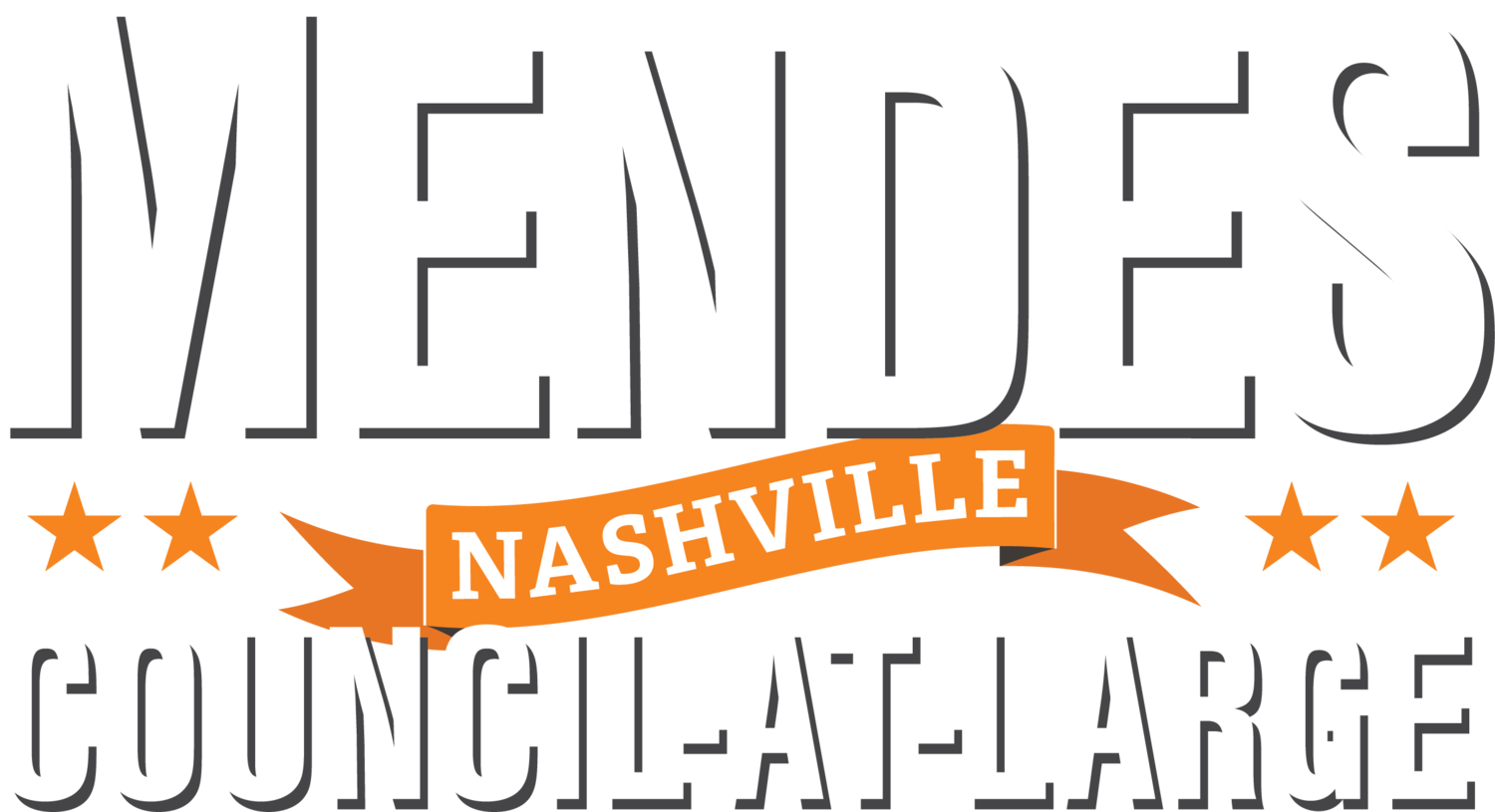voting “NO” on the stadium
When the proposed football stadium comes up for a final vote on April 25, 2023, I’ll vote “NO.”
My detailed analysis from February is here. All of my posts about the stadium are collected here.
I won’t repeat everything I’ve said before. But, here’s a hot list of the points most on my mind as we head into the final vote:
The Mayor’s Office has refused to get any estimate of Metro’s renovation obligation under the current lease.
Nobody has an estimate of the cost to Metro to build a new neighborhood from scratch on the East Bank.
If the State of Tennessee expands online sports betting to allow in-person sports betting, the Titans will decide whether to add a betting facility to the new stadium. The Council will not have a say. The public will not have a say. I’m astonished that the Council is letting this aspect go forward. This strikes me as deeply out-of-touch with what our constituents and neighbors would want.
With $1.26 billion coming from the city and state, this will be the most tax dollars ever spent on a stadium in the history of America.
Economists agree that cities and states do not receive significant return on investment for stadium subsidies.
The administration already has identified $700+ million in capital infrastructure projects on the East Bank. Costs for buying PSC Metals, building a transit hub, and building a new bridge over the river are not included in this number. It is easy to imagine East Bank infrastructure costs paid by Metro topping $1 billion.
The Mayor’s Office likes to talk about how the deal will allow Metro to take advantage of the development rights around the stadium. Keep in mind that the only way to develop the area is with the massive infrastructure costs for a new neighborhood. The Mayor’s Office cannot identify what those costs will be and economists warn us that there is typically no return on investment in a situation like this.
It's all flood plain. It was all underwater in 2010. Expect infrastructure costs to run high to guard against future flooding.
In the last few weeks, the Mayor’s Office has started talking about the idea that Metro will get to keep 50% of the local option sales tax generated from the large 130 acre campus around the stadium. If Metro has to provide 100% of the services required for a normal neighborhood plus all the extra police, fire, garbage pick-up, etc. required in a stadium district, how is getting 50% of the sales tax revenue a plus?? It isn’t.
Economists agree that cities do not have an unlimited ability to raise new tax revenue and, instead, using tax dollars for one project always excludes being able to use those tax dollars for other purposes.
A few years ago, there was a proposal to raise hotel occupancy tax from 6% to 6.625% to pay for transit. That effort failed and the hotel occupancy tax stayed at 6%. Now, the proposed stadium deal relies on raising the hotel occupancy tax from 6% to 7%. Nashville is choosing to spend its tax dollars on a stadium instead of transit.
The State may be taking over the power to appoint 6 of 13 seats to the Sports Authority. As I write this, I don’t know whether this bill will pass the General Assembly. If it doesn’t, we can assume it is coming back again next year. People supporting the stadium deal are downplaying the risks of this takeover. My focus is on the reality that the power to appoint a board is the power to control a board. We know the State is taking majority control of the Metro Nashville Airport Authority. We know the State is watering down Metro’s ability to receive money from the Convention Center Authority. We know the proposed stadium deal documents give the Sports Authority the power to amend the deal documents with the team in ways large and small. Frankly, whether the General Assembly passes the partial takeover of the Sports Authority this year or not, the State’s intention to take it over is clear. This serious risk of losing appointment power on the Sports Authority should make everyone hit pause at least until some of the Metro/State litigation dust settles.
There are other options. According to the Mayor’s Office own numbers, there is about $470 million of existing revenue sources from Nissan Stadium through 2039. So the claim that a renovation would have to come completely from new funds is false. A substantial amount of renovations could be funded from the existing dedicated revenue streams at Nissan.
There are other options. Metro could decide to actually get an estimate of its liability under the current lease.
There are other options. According to the Mayor’s Office, the Titans current lease goes through the 2028-29 NFL season and the team has not yet exercised its right to extend the lease through the 2038-39 season. Make them choose. If they keep the current lease through the 2028 season only, then Metro’s renovation cost will be much lower. Either way, Metro negotiates at a disadvantage when the team gets to play both sides of the fence by saying they want to be in Nashville through 2039, but not actually extending the current lease.
There are other options. The team could bring in a partner to reduce the public investment to be more in line with what has happened in other cities.
As advertised and lobbied, this stadium deal is too good to be true. I think some of my colleagues know it’s too good to be true. I wish we could trust that instinct and keep negotiating for a better deal for Nashville. The only way to do that is to vote “NO.”
